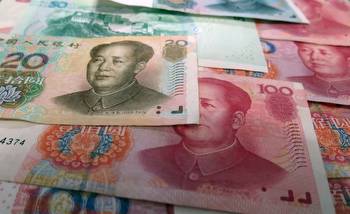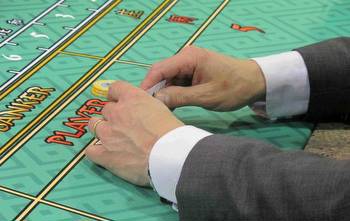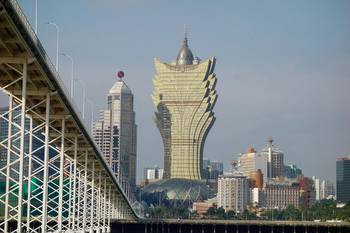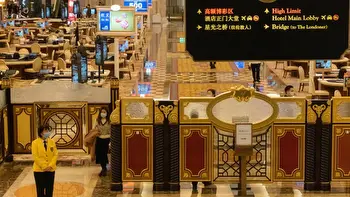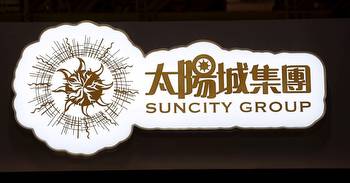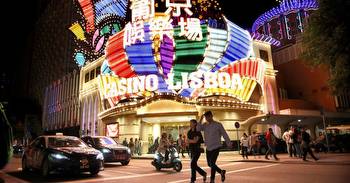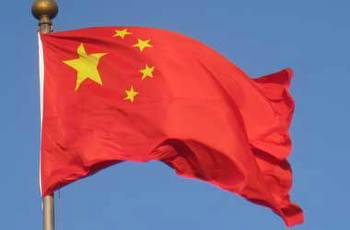Macau advances digital currency acceptance, but will casinos accept?
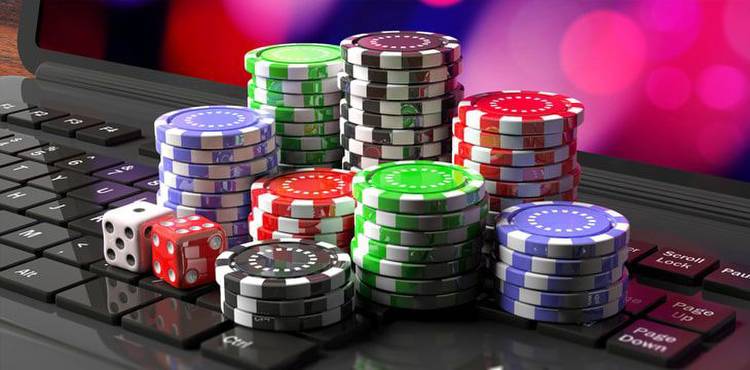
Macau is pressing ahead with plans to recognize digital currency as legal tender, offering the possibility that China’s digital yuan might one day be accepted in the world’s largest gambling hub.
Last week, Macau’s Executive Council (ExCo) reviewed the latest draft of its Legal Regime for the Creation and Issuance of Money, which addresses what is and isn’t recognized as legal tender within the special administrative region (SAR) of China. The draft will now be submitted to Macau’s Legislative Assembly for consideration and eventual passage.
While also covering minor topics such as how many physical coins any local merchant is required to accept, the draft calls for the recognition of “currency in digital format” as legal tender within the SAR, “with the provision that the respective regime is regulated by special legislation.” Separate laws and regulations will be required to support the new law once it clears the legislature, with no time frame provided for any of it.
The ExCo said the changes are needed to better reflect the public trend toward digital payment channels. Once the plan is implemented, merchants will have little choice but to go along, as the maximum penalty for refusing to accept anything considered legal tender will rise to MOP10,000 ($1,235).
Macau began formulating plans to issue a digital currency in April 2021. There’s still no indication that any digital currency will be accepted in Macau’s casinos, which represent the bulk of the SAR’s economic output. That includes China’s digital renminbi, the central bank digital currency (CBDC) that recently saw transaction volume top $14 billion since the ‘pilot project” began in April 2020.
It’s worth stressing that Macau’s proposed new law covers the ‘creation and issuance of money,’ and the only ‘money‘ that the SAR holds the power to create/issue is the pataca. The pataca is virtually unheard of in Macau casinos, which deal almost exclusively in the Hong Kong Dollar (an e-HKD digital currency is slated for testing later this year).
The potential use of the digital yuan in Macau casinos poses a conundrum for Beijing, which historically has been torn between grudging acceptance of the SAR’s fiscal dependence on gambling—which, outside of lottery products, is illegal on the mainland—and the desire to restrict mainland residents’ ability to spirit money off the mainland. Lately, that latter impulse has been winning the argument. But it’s worth recapping how money flows into Macau casinos to consider Beijing’s appetite for change.
Casinos shift from whales to minnows
Not so long ago, Macau’s annual casino revenue was six times that of Nevada’s, but Macau’s market has endured a host of new challenges in recent years. In 2014, not long after Xi Jinping assumed power in China, he launched a crackdown on corruption that took a particular interest in government officials who were somehow able to wager sums far beyond their salaries.
The crackdown put a crimp in the operations of so-called junket operators, which offered VIP gamblers a way around China’s notorious capital controls. Junkets allowed high-rollers to gamble on credit in Macau’s VIP gaming rooms, then collected on VIP debts when the gamblers returned to the mainland.
As Beijing focused on Macau, junkets started diverting VIPs to casinos in other markets, including the Philippines and Cambodia. Then Beijing banned the organizing of trips to ‘cross-border’ gambling hubs. Then came Covid and China’s strict control over travel outside its mainland borders, with total lockdowns of major cities in Guangdong province, from which most of Macau’s traffic embarks.
All these measures helped upset the traditional balance in Macau’s gaming sector, which had been dominated by VIP baccarat play. VIP baccarat now accounts for just over one-fifth of Macau’s overall revenue pie, a far cry from the VIP segment’s heyday when it claimed an over two-thirds share. Junkets have virtually disappeared from Macau casinos (partly due to the arrests of the bosses of two of the largest operators, which scared off many of the others).
Macau casinos recalibrated to focus on so-called ‘mass market’ gamblers. These minnows had their own methods of evading capital controls, including an in-out system that involved purchasing watches and other high-value goods from Macau pawnshops using mobile debit-card terminals reconfigured to appear as if the sales were taking place on the mainland. The purchased goods would be immediately sold back to the pawnshop for cash, minus a commission, after which the gamblers could head to the casino with no mainland oversight of their activities.
Pros/cons of digital bets
While there’s consensus that VIPs wouldn’t welcome greater scrutiny of their casino activities, there’s some debate as to whether allowing casinos to transact in the digital yuan would increase mass market activity. On one hand, it would eliminate the need for gamblers to engage in any illegal transactions—and avoid paying pawnshop commissions—but their spending would still be subject to capital controls, which would cap their gambling at a level likely below that desired by both gamblers and casinos.
Some Macau gaming analysts believe Beijing might lift capital controls on digital yuan spending following a transition period as a means of increasing the token’s usage. Eliminating fees associated with converting the renminbi to HKD before purchasing chips—and more fees when cashing out any winnings—could help incentivize digital yuan adoption and further establish China as the global CBDC prime mover.
Prioritizing digital yuan use in casinos would also serve Beijing’s obsession with monitoring everything its citizens do on and off the mainland. There will be no pseudonymous transactions here—let alone anonymous—which will deter those who still value some level of privacy when it comes to their spending.
Monitoring digital yuan data would allow Beijing to throttle travel to Macau if it felt its citizens were spending too much on frivolous luxuries such as gambling. Conversely, greater insight into how much citizens were legally spending at Macau’s tables might alleviate some concerns and possibly lead to a relaxation of some capital controls.
Even if the digital yuan isn’t permitted on the gaming floor, casinos could use it to handle things like paying wages to mainland-based employees or paying third-party Chinese firms supplying everything from food and beverage to appliances to travel services.
There’s also the remote possibility that, given Beijing’s now total control over Hong Kong’s internal affairs, it could decide to trial the e-HKD in Macau’s dens of iniquity before risking its digital yuan’s reputation. But as with much involving Xi Jinping, it’s anyone’s guess what the future holds.








